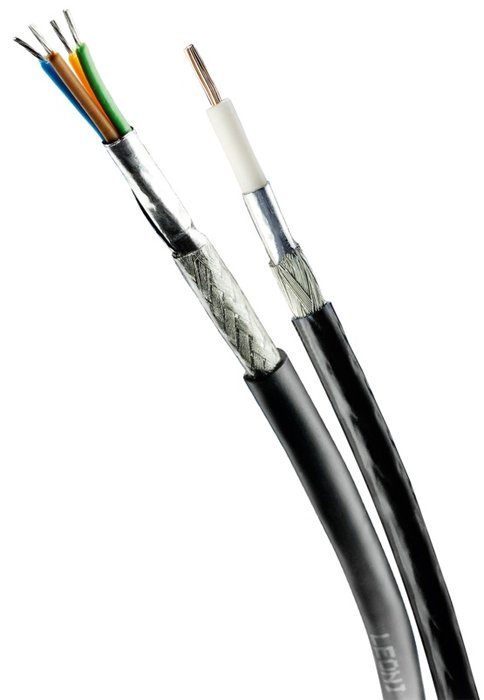www.magazine-industry-usa.com
29
'18
Written on Modified on
Leoni presented cable technologies and solutions for autonomous driving at the IZB trade fair
Focus on installation space optimisation, weight reduction, innovative materials and high rates of data transmission for connected mobility;

Innovative conductor materials as well as cables with thinner walls, smaller diameter and miniaturised design – as in the case of Leoni’s multifunctional Adascar cables – are used to reduce the space required for this and simultaneously the weight. These multi-core, shielded or unshielded cables are suited for control, comfort, power, safety, sensor and truck applications.
They consequently meet the demanding chemical, electrical, mechanical and thermal requirements of their areas of application.
Connectivity in the car, between vehicles themselves as well as to their surroundings requires high rates of data transmission. Leoni Dacar Ethernet cables achieve an excellent and fast, bidirectional transfer of 100 Mbps and 1 Gbps (Ethernet standard). Leoni is already working on higher Gbps.
Leoni has developed an Ethernet cable design with optimised materials to achieve high conductor symmetry even when exposed to vibration, humidity or dirt. Interference from the outside or mutual impairment of cables running next to each other can thereby be reduced.
As interference suppression by means of the symmetry is not enough in EMC-sensitive installation spaces, Ethernet cables with braided or foiled shields are suitable for such applications. The outer diameter of such cables can be reduced by foaming the cores – an advantage in terms of savings space when making cars that drive autonomously.
www.leoni.com

